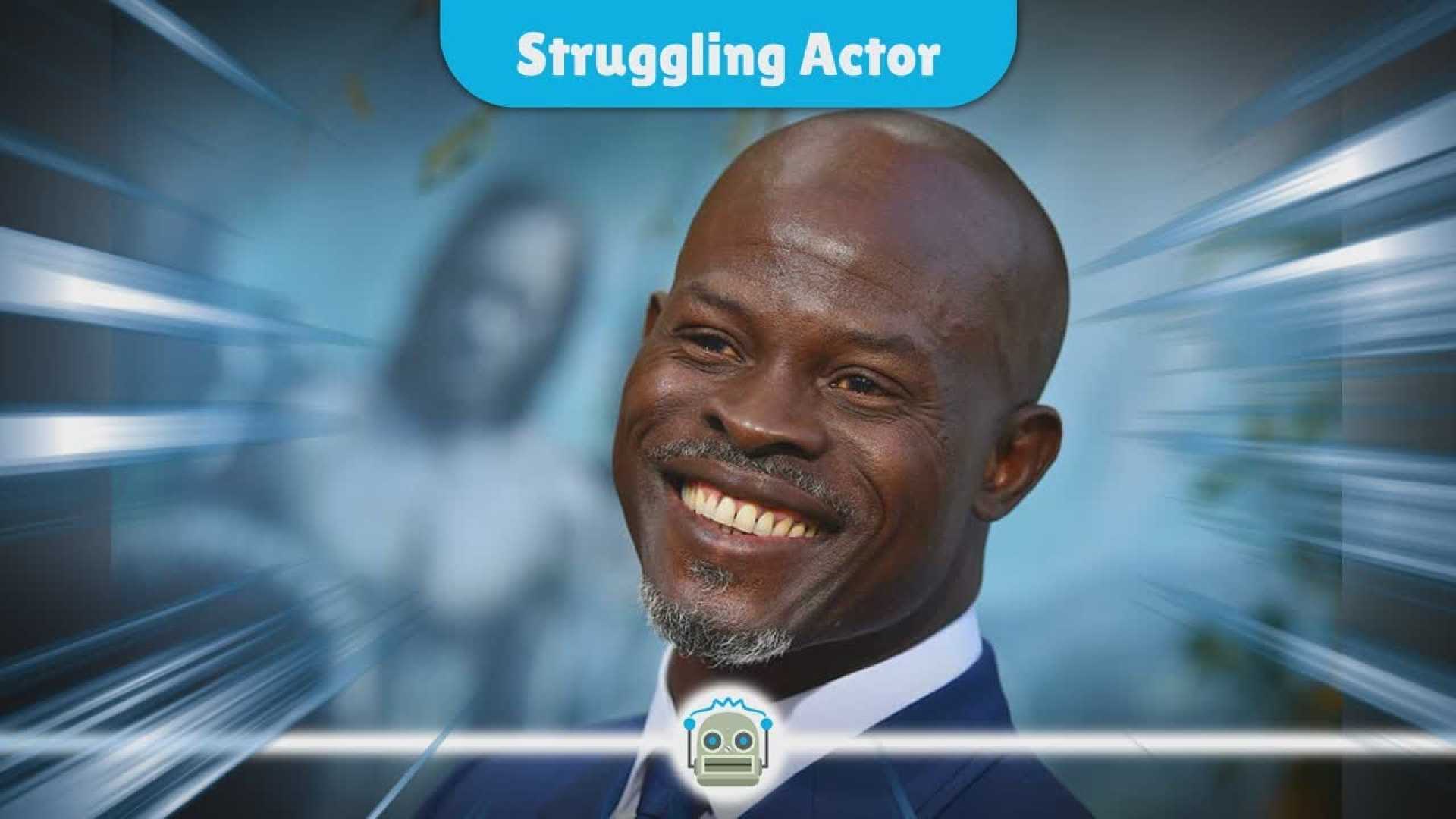Entertainment
Djimon Hounsou Opens Up About Hollywood Pay Disparities and Systemic Racism

LOS ANGELES, Calif. — Djimon Hounsou, the Benin-born actor known for his roles in critically acclaimed films such as “Amistad” and “Blood Diamond,” is speaking out about the challenges he has faced in Hollywood as a person of color. In a recent interview on CNN’s “African Voices Changemakers,” Hounsou revealed that despite two decades in the industry and two Oscar nominations, he continues to struggle with underpayment and systemic racism.
“I’m still struggling to make a living,” Hounsou, 60, said during the interview. “I’ve been in the filmmaking business for over two decades with two Oscar nominations and many blockbuster films, and yet, I’m still struggling financially. I’m definitely underpaid.”
Hounsou, who immigrated to the U.S. at 23, also reflected on his breakout role as Cinqué in Steven Spielberg’s 1997 historical drama “Amistad.” Despite earning a Golden Globe nomination for the performance, he believes he was overlooked by the Academy Awards due to racial bias. “They ignored me for the Oscars because they thought that I had just come off the boat and the streets,” he claimed. “Even though I successfully did that, they just didn’t feel like I was an actor to whom they should pay any respect.”
The actor, who has also starred in major films like “Gladiator” and “Guardians of the Galaxy,” emphasized that systemic racism remains a significant barrier in Hollywood. “This conceptual idea of diversity still has a long way to go,” he said. “Systemic racism won’t change like that anytime soon.”
Hounsou’s comments echo those of other prominent Black actors, including Viola Davis, who has also spoken out about pay disparities in the industry. “Viola said it beautifully. She’s won an Oscar, she’s won an Emmy, she’s won a Tony, and she still can’t get paid,” Hounsou said, referencing Davis’ past remarks on the issue.
In addition to his acting career, Hounsou has channeled his experiences into activism. Inspired by his work on “Amistad,” he founded the Djimon Hounsou Foundation, which aims to reconnect people of the African diaspora with their heritage. “My acting work really opened my eyes,” he said. “As I was doing research for the film, I became profoundly aware of the disconnect between Afro-descendants from their roots and culture.”
The foundation’s mission, according to its website, is to “champion a visceral connection between the countries of the African diaspora and the motherland and to heal the wounds that slavery left behind.” Hounsou added, “One of the attributes of the foundation is Africa reconnect. It’s to strengthen Africa’s intergenerational identity and self-awareness by bringing the people — by reconnecting the people — of the African diaspora to the motherland. To their history.”
Hounsou’s candid remarks come amid ongoing conversations about racial equity and representation in Hollywood. His story highlights the persistent challenges faced by Black actors and the need for systemic change in the entertainment industry.












